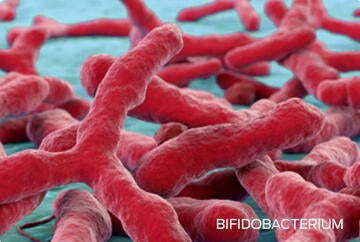
THE SCIENCE OF CATS: CHALLENGING PERCEPTIONS. CHANGING THE CONVERSATION.
Companion Animal Nutrition Summit (CAN) 2019

The Science of Cats: Challenging Perceptions. Changing the Conversation.
From ancient societies to modern science, cats have been a source of inspiration and innovation. Yet 10,000 years after felines were first domesticated, science still has much to learn about the health and welfare of cats.
Advances in technology offer new insights into the genetic legacies and metabolic pathways peculiar to Felis catus. New studies in nutrition leverage these insights to develop novel ways of approaching feline health, disease and behavior — with potentially life changing results.
As cats continue to rise in popularity among pet owners, the more veterinarians know about these unique aspects of feline health, the better they can deliver the care that leads to longer, healthier lives for cats.
All the insight. All the resources.
During CAN 2019, world-renowned experts presented new scientific perspectives on nutrition and cats. To receive a record of these proceedings, please click the link below.

Explore this year's topics:

Decoding the feline: genetic similarities and differences
Despite thousands of years of domestication, cats have retained many behaviors inherited from their wild relatives. Understanding cats at the molecular level can help guide the development of optimal health strategies.

Rethinking feeding behaviors
The impact of nutrition on feline health extends beyond ensuring that cats get the nutrients they need, in the right amounts. The structure of food and feeding behaviors can also influence optimal health.

Reconsidering the role of phosphorus
Phosphorus is an important nutrient that is involved in many of the metabolic reactions in the body. Understanding the mechanisms that control phosphorus homeostasis in health is important in order to better understand how those mechanisms change in disease.
Related content


